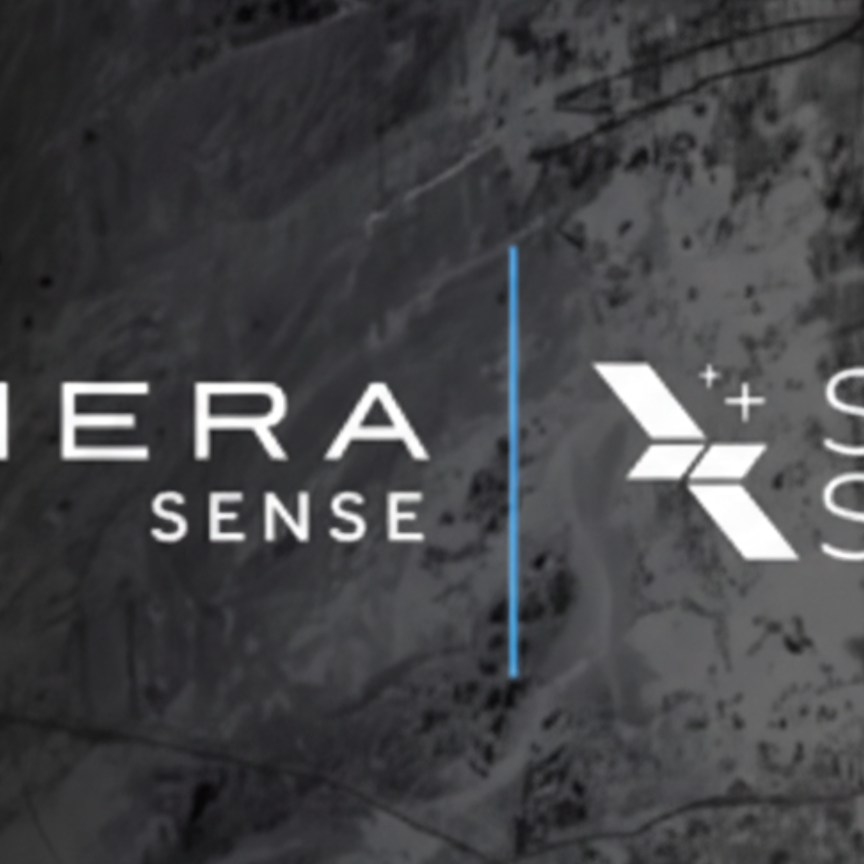A team working at China's National Synchrotron Radiation Laboratory at Hefei has used a novel threshold photoelectron-photoion coincidence (TPEPICO) velocity imaging technique to determine the formation pathways of nitric oxide. Nitrous oxide is the fourth largest contributor to global warming and plays a role in regulating stratospheric ozone.
‘Ultra low noise performance is vital in our work on the photodissociation dynamics of ions,’ said one of the lead researchers, Xiaoguo Zhou. ‘At the heart of the experimental apparatus is Andor's thermoelectrically cooled iKon-M 934 camera. Compared to cameras normally used in ion imaging experiments, the Andor camera offered very much lower read noise and high sensitivity over accumulation periods of up to 60 minutes. We also used the Andor Solis software supplied with the camera to process the images. For instance, we would often need to subtract the background and Solis processed the images easily and quickly.’
The TPEPICO apparatus was set up at the synchrotron's U14-A beam line and a continuous supersonic molecular beam of pure N2O gas introduced into the photoionisation region through a homemade 30µm diameter nozzle. Photoelectrons and photoions were collected through a special ion lens to map their velocity images simultaneously and the coincident photoions projected onto a dual microchannel plate backed by a phosphor screen where the Andor DU934N-BV TE-cooled CCD detector recorded the images. By applying a pulsed high voltage on MCP as the mass gate, the 3D time-sliced image of ions was obtained.
Andor's iKon-M 934 series cameras offer high sensitivity, low noise performance, which makes them ideal for demanding imaging applications. Boasting up to 95 per cent QEmax, high dynamic range, 13μm pixels and exceptionally low readout noise, these high resolution CCD cameras benefit from negligible dark current with thermoelectric cooling down to -100°C.

